Interesting facts about bee venom
Bee venom is a complex mixture of proteins, enzymes, and other substances that is produced by bees and used primarily for defense against predators. Here are a few interesting facts about bee venom:
- Bee venom is produced by glands in the abdomen of worker bees and stored in a sac located near the sting.
- The venom is released when a bee stings, and it contains a number of components that can cause a variety of reactions in humans and other animals. These include histamine, which causes inflammation and swelling, and melittin, which can damage cells and cause pain.
- Bee venom has been used for medicinal purposes for centuries. It is believed to have anti-inflammatory and pain-relieving properties and has been used to treat a wide range of conditions, including arthritis, multiple sclerosis, and tendonitis.
- Bee venom therapy, or apitherapy, is the practice of using bee venom for medicinal purposes. It is often administered by a healthcare professional in the form of bee venom injections or bee venom patches.
- Although bee venom has potential therapeutic benefits, it can also be dangerous if not used properly. People who are allergic to bee venom can experience severe allergic reactions, including anaphylaxis, which can be life-threatening.
Charateristics of Bee Venom
Bee venom is a complex mixture of proteins, peptides, and other biologically active molecules. Some of the main components of bee venom include:
- Melittin: This is a potent anti-inflammatory and pain-inducing peptide that makes up about 50% of bee venom.
- Apamin: This is a small peptide that acts as a potent neurotoxin, inhibiting the transmission of nerve impulses.
- Phospholipase A2: This enzyme breaks down cell membranes and is responsible for many of the local effects of bee venom, including swelling and inflammation.
- Histamine: This is a chemical that is released by cells in response to injury or allergic reactions and can cause symptoms such as swelling, itching, and increased mucus production
Bee venom also contains various other proteins and peptides that have various effects on the body, including antimicrobial activity, blood clotting, and immune system modulation.

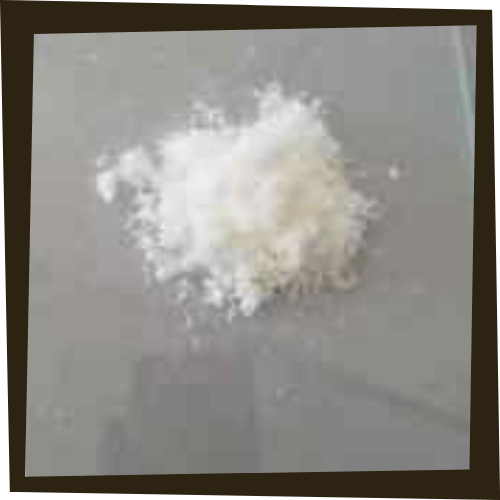
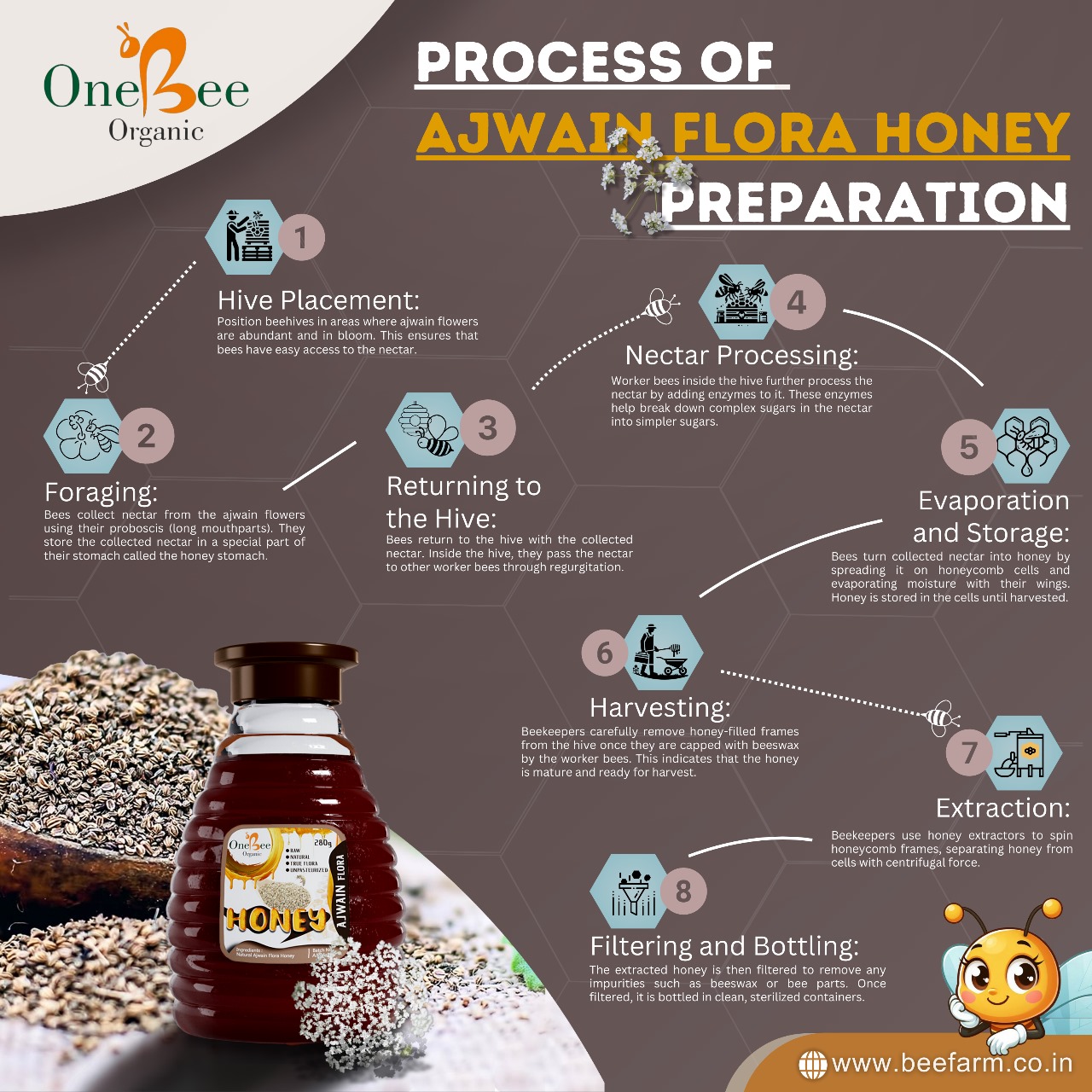
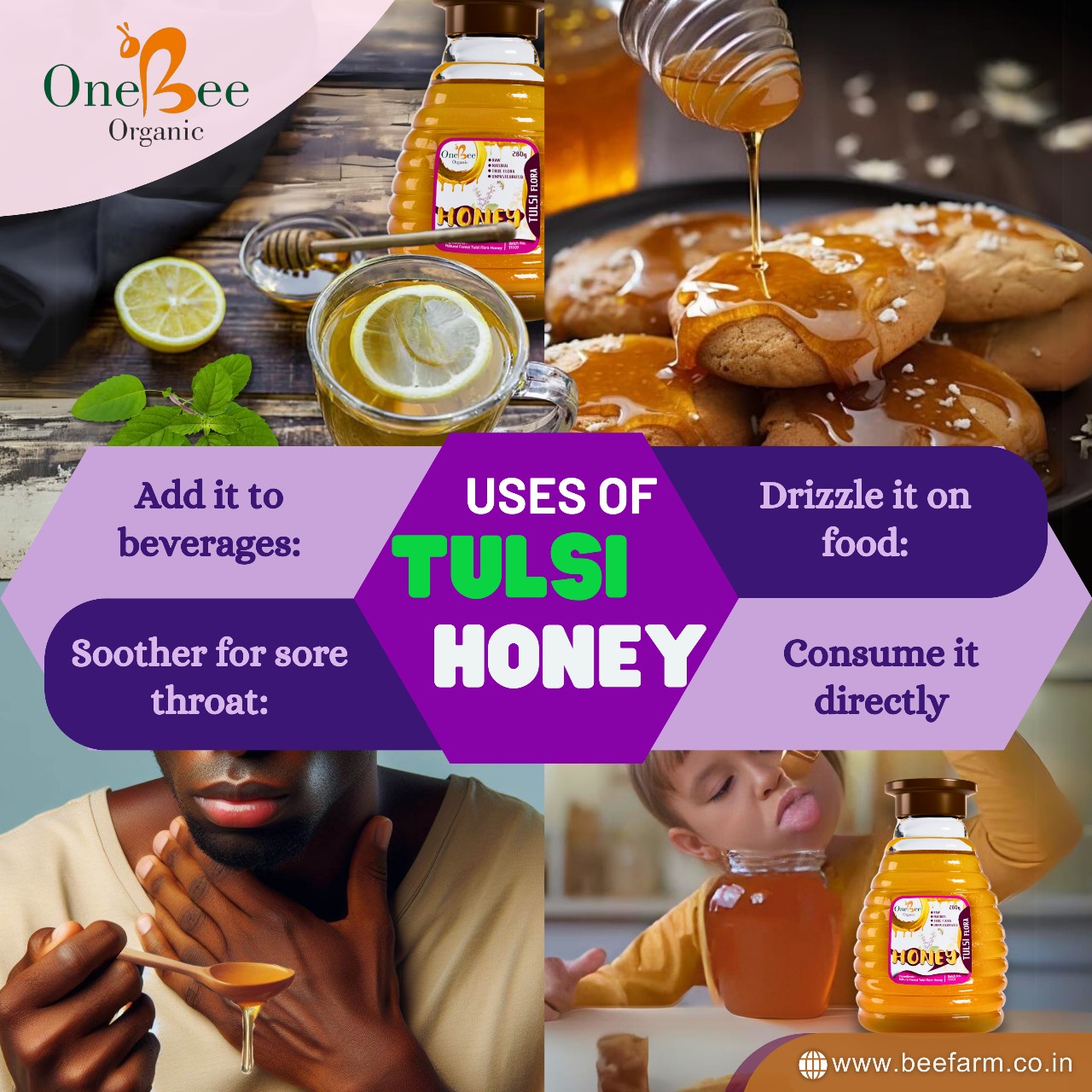
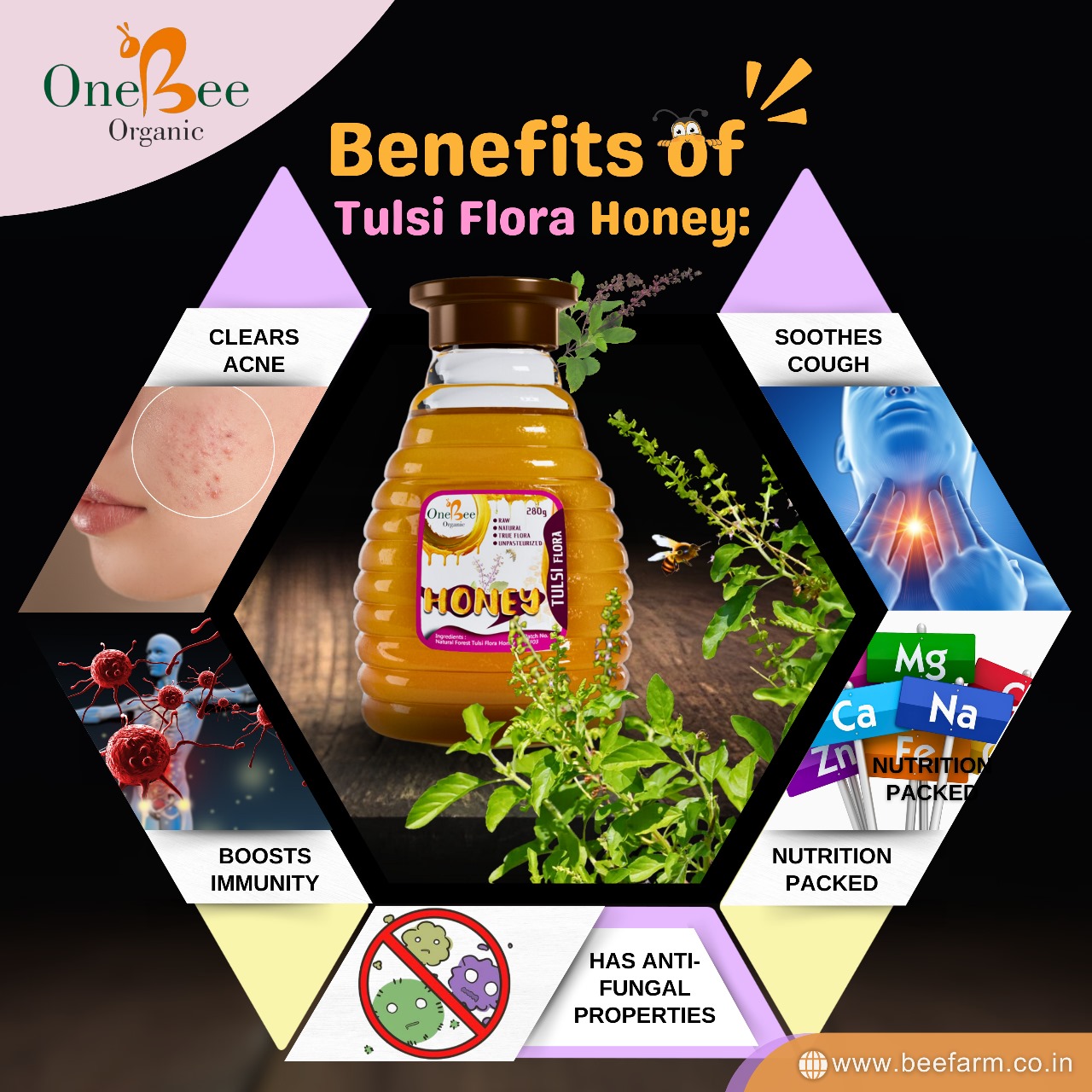
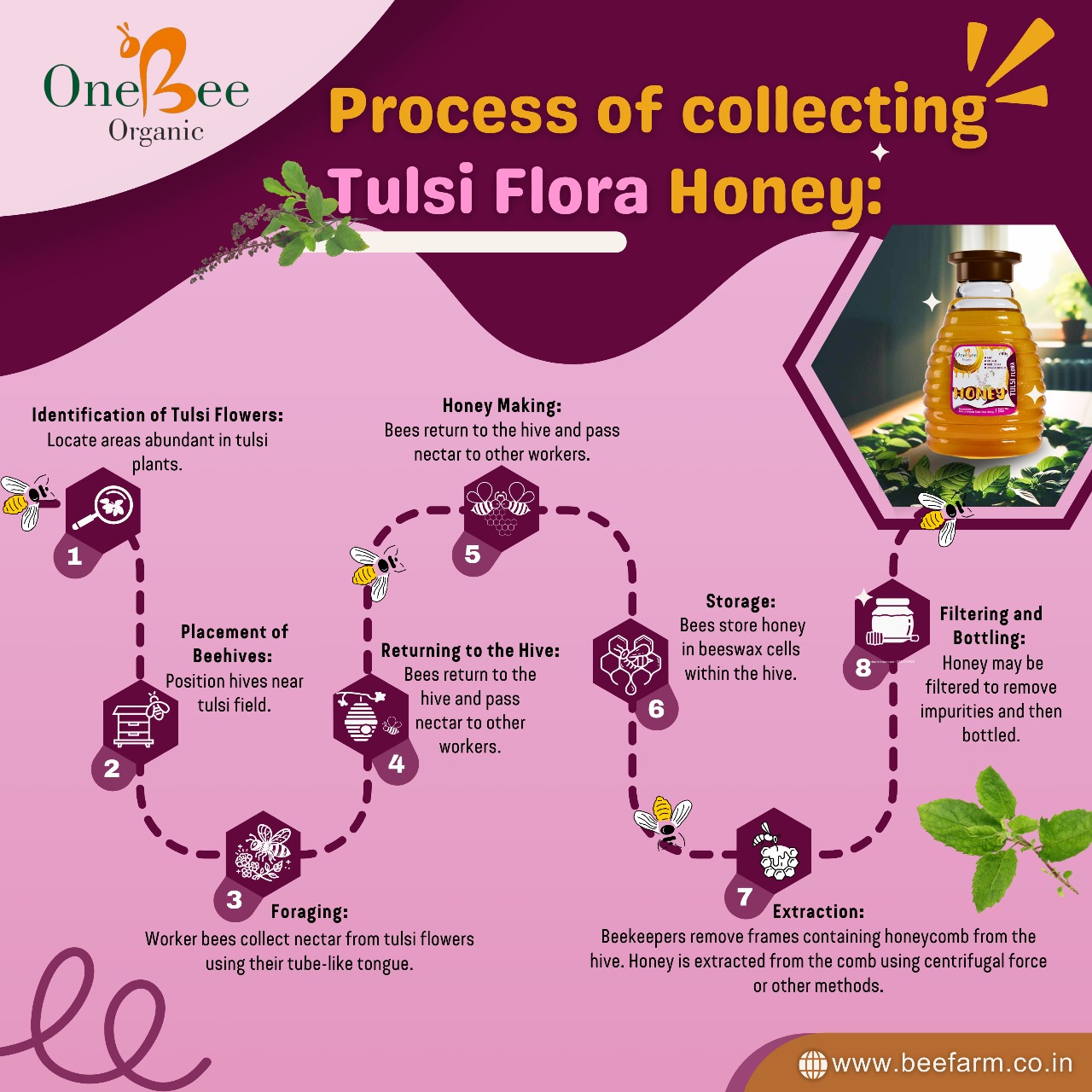
Leave A Comment